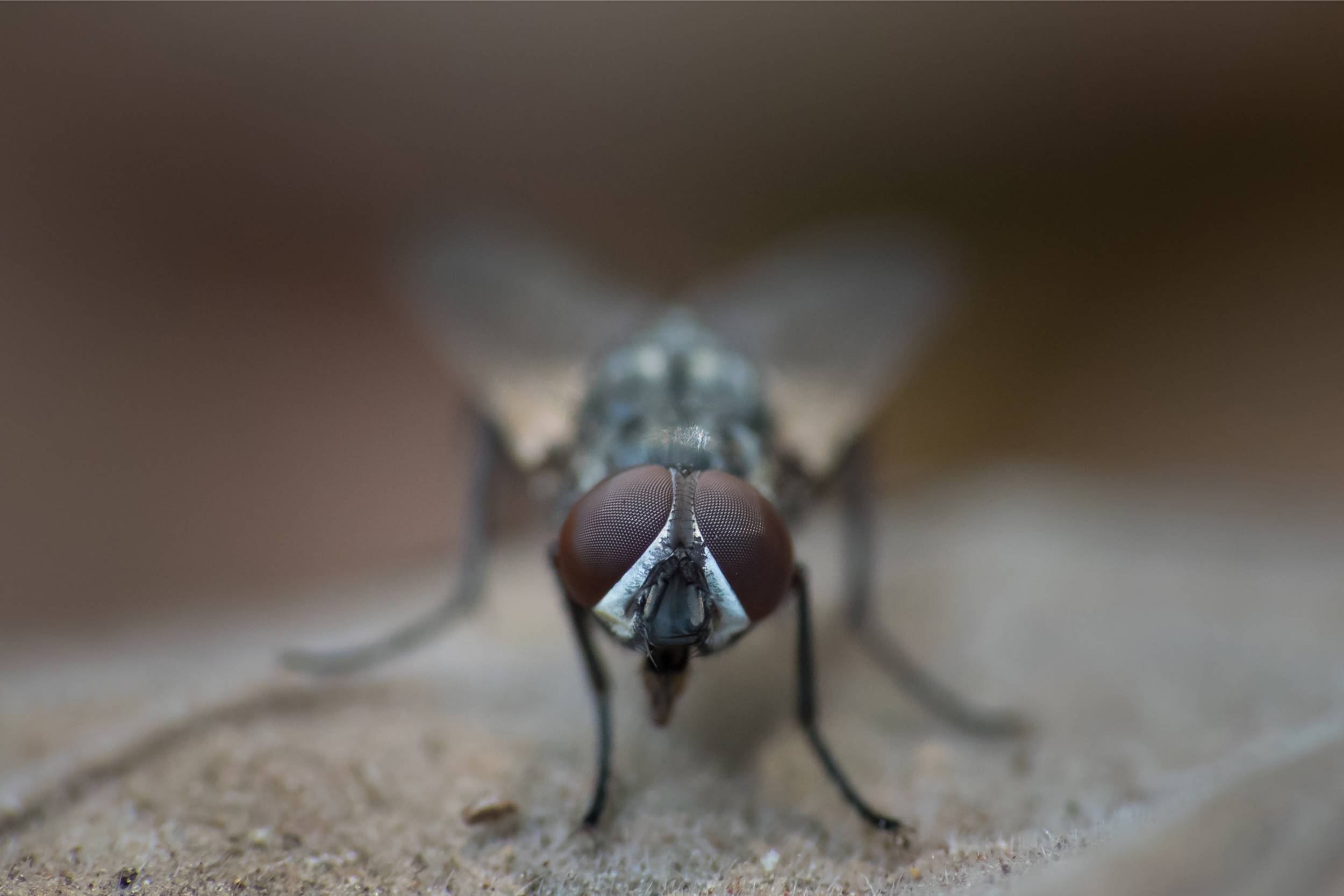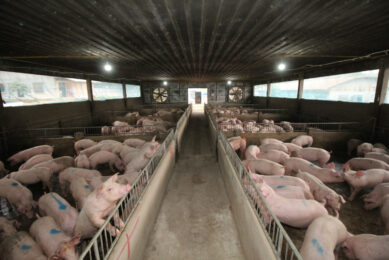ASF China: Pig giants feel effects; virus spreads in Laos

China’s major swine producers have reported their figures over the first 6 months of 2019 and most report lower results due to African Swine Fever. Only Wens is doing well as the poultry business is flourishing.
Cofco Meat: Losses in 1st half of 2019
 Cofco Meat, a unit of state-owned Cofco Group, reported of 2019, being RMB 276 million (US$ 38.9 million). Last year in the same period Cofco Meat reported a small profit. After adjusting for the value of its biological assets, mainly sows and unsold pigs, Cofco said profit attributable to the company’s owners came to RMB142 million, up from a RMB243 million loss a year ago. Hog prices are significantly higher this year due to the disease outbreak. Cofco plans to expand the number of sows to take advantage of the tight supply of hogs.
Cofco Meat, a unit of state-owned Cofco Group, reported of 2019, being RMB 276 million (US$ 38.9 million). Last year in the same period Cofco Meat reported a small profit. After adjusting for the value of its biological assets, mainly sows and unsold pigs, Cofco said profit attributable to the company’s owners came to RMB142 million, up from a RMB243 million loss a year ago. Hog prices are significantly higher this year due to the disease outbreak. Cofco plans to expand the number of sows to take advantage of the tight supply of hogs.Muyuan Foods: Losses widened
 China’s 2nd largest pig producer Muyuan Foods said that from last year after pig prices fell in the 1st quarter and costs to prevent its farms being infected with ASF rose. For the first 6 months of 2019, Muyuan reported a net loss of RMB155.7 million (US$ 21.95 million) compared with a loss of 78.7 million yuan a year earlier. Revenue rose 29.9% to 7.16 billion yuan from the same period in 2018 after the company added new farms. Pig prices in the 1st quarter of 2019 were relatively low, said Muyuan. The company has also continued to upgrade biosecurity on its farms and strengthened management to protect against the spread of ASF.
China’s 2nd largest pig producer Muyuan Foods said that from last year after pig prices fell in the 1st quarter and costs to prevent its farms being infected with ASF rose. For the first 6 months of 2019, Muyuan reported a net loss of RMB155.7 million (US$ 21.95 million) compared with a loss of 78.7 million yuan a year earlier. Revenue rose 29.9% to 7.16 billion yuan from the same period in 2018 after the company added new farms. Pig prices in the 1st quarter of 2019 were relatively low, said Muyuan. The company has also continued to upgrade biosecurity on its farms and strengthened management to protect against the spread of ASF.
Da Bei Nong: Profit coming down
 Chinese animal feed maker Beijing Da Bei Nong (DBN) said its 67.67%. Not only did ASF hit earnings from its pig farms, but it also hurt feed demand. The firm reported net income of RMB33.6 million (US$ 4.76 million) compared with profits of RMB104 million a year ago. Revenue was RMB8.1 billion, down 10.26%.
Chinese animal feed maker Beijing Da Bei Nong (DBN) said its 67.67%. Not only did ASF hit earnings from its pig farms, but it also hurt feed demand. The firm reported net income of RMB33.6 million (US$ 4.76 million) compared with profits of RMB104 million a year ago. Revenue was RMB8.1 billion, down 10.26%.
Wens Group: Profit due to poultry production
 Wens Foodstuff Group is not only producing pigs but also poultry. The company’s jumped 50.8% as growing poultry demand more than made up for a loss in its pig business due to ASF. The company reported net profit for the first 6 months being RMB1.38 billion (US$ 195.4 million), up from RMB917.3 million a year earlier. Revenue rose 20.2% to RMB30.4 billion from the same period in 2018. Chinese duck production is expected to grow significantly this year. The company has also targeted an expansion in broiler output of at least 10% this year.
Wens Foodstuff Group is not only producing pigs but also poultry. The company’s jumped 50.8% as growing poultry demand more than made up for a loss in its pig business due to ASF. The company reported net profit for the first 6 months being RMB1.38 billion (US$ 195.4 million), up from RMB917.3 million a year earlier. Revenue rose 20.2% to RMB30.4 billion from the same period in 2018. Chinese duck production is expected to grow significantly this year. The company has also targeted an expansion in broiler output of at least 10% this year.
WH Group: Almost 17% fall in profit
 China’s WH Group, owner of Smithfield, reported a 16.9% fall in 1st-half profit as higher meat prices due to ASF hurt margins at the world’s top pork processor. Profit attributable to owners of the company, before biological fair value adjustments, came to US$ 463 million compared with $ 557 million a year earlier, while operating profit fell 11.8% to $ 765 million. WH Group said that sales of packaged meats in China were flat as the consumer market slowed and the firm raised prices.
China’s WH Group, owner of Smithfield, reported a 16.9% fall in 1st-half profit as higher meat prices due to ASF hurt margins at the world’s top pork processor. Profit attributable to owners of the company, before biological fair value adjustments, came to US$ 463 million compared with $ 557 million a year earlier, while operating profit fell 11.8% to $ 765 million. WH Group said that sales of packaged meats in China were flat as the consumer market slowed and the firm raised prices.
Subsidies will go up
News agency Reuters reported about China’s cabinet having said it will speed up the distribution of subsidies for pigs culled because of ASF as part of a plan to stabilise the country’s pig production and pork supply.
Reuters wrote that China’s rules stipulate that farmers must receive RMB1,200 (US$ 170) for each pig culled to stop the spread of the virus. Some farmers have said they are not receiving the subsidies while others claim they are not even allowed to report the disease.

Read more on pig health in the Pig Progress Health Tool
That pattern is reflected in the number of ASF outbreaks that is officially communicated. After a spell of 3 weeks without an official update, the Chinese Ministry of Agriculture and Rural Affairs (MARA) reported a new ASF outbreak in Yunnan province, close to the border with Sichuan province. The virus was found on August 20 on a farm with 120 pigs of which 55 animals had been affected.
It is generally believed that vast amounts of ASF outbreaks go unreported in China.
Situation in Laos
In neighbouring Laos, the extent of the situation becomes clear as well. In the latest update to the World Organization for Animal Health (OIE), 17 new outbreaks are confirmed in 4 eastern provinces. In 3 of these provinces, no outbreaks had been confirmed before: Khammuane, Sekong and Attapeu. Total outbreak number is now at 33, reported from 9 out of 18 Laotian provinces.











